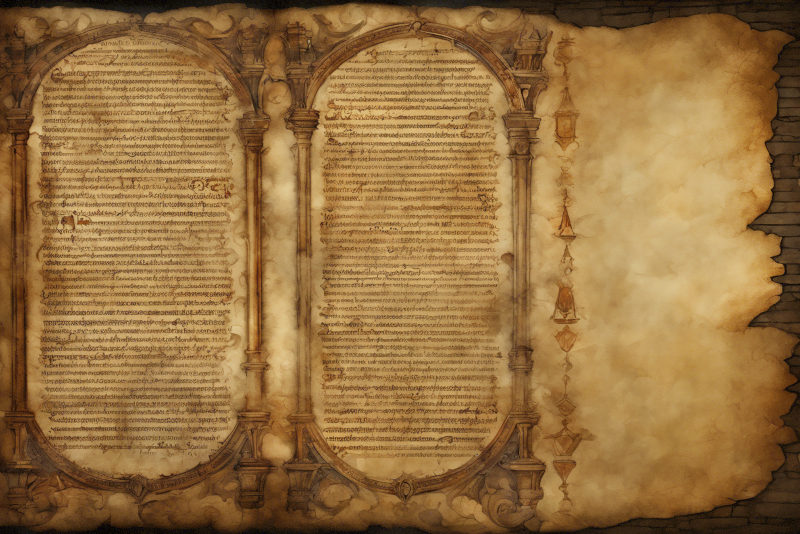Tag: translation
About
Life’s a painting and you’re the artist. But you are never finished. Each day is made up of a dozen different sketches, alone they will never be more than that, a sketch, yet they make up the context of our lives.
This is my sketch, one done with love.
Olivia
Recent Updates
Site Links


